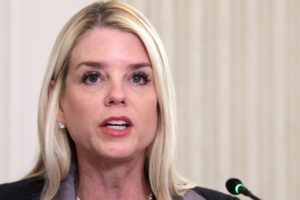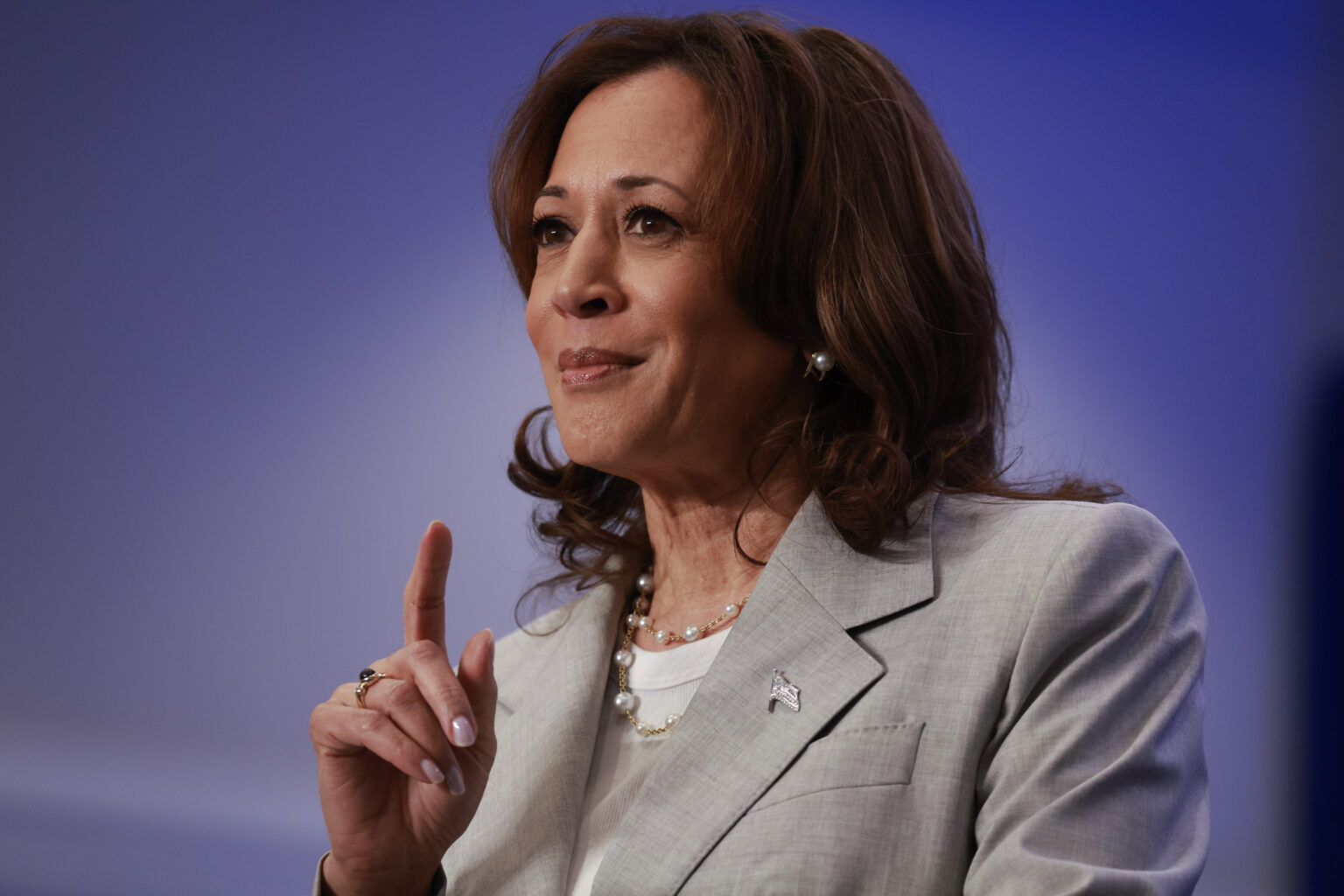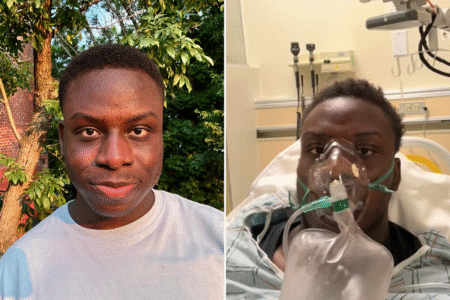While the Florida polls have tightened since Vice President Kamala Harris announced her bid for the presidency in the summer, former President Donald Trump has once again stretched his lead over the Democratic candidate in the Sunshine State, according to two recent polls.
A survey conducted by Hunt Research on behalf of the Florida State University’s (FSU) Institute of Governance and Civics among 1,234 likely voters in Florida found that Trump is on track to win Florida “by a comfortable margin,” with an estimated 49.7 percent of the vote over Harris’s 43.7 percent. In a head-to-head contest between the two candidates, the former president’s lead slid to 5.1 percent, for an estimated 49.9 percent of the vote in Florida against Harris’s 44.8 percent.
Earlier polls covered by Newsweek showed that Trump’s lead over Harris has grown in the last month. A survey run by Victory Insights between September 22 and 25 found Trump leading by +2, while another conducted by Public Policy Polling between September 25 and 26 gave Trump a +4 victory margin.
Significantly, both candidates are quite unpopular in the Sunshine State, where 54 percent of voters hold a negative view of Harris and 50 percent are unsatisfied with Trump.
These numbers reflect a widespread dissatisfaction that Floridians feel towards national politics: a 66 percent majority of voters in the state believe that the country is currently on the wrong track, per the Hunt Research survey. Many (46 percent) voters responding to the survey—criticized the federal government’s response to the recent Hurricanes Helene and Milton as “poor” or “terrible.” The full extent of the damages caused by the back-to-back hurricanes that hit Florida’s Gulf Coast earlier this month are still being assessed.
Another survey released last week and conducted by Cherry Communications on behalf of the Florida Chamber of Commerce found Trump leading Harris in the Sunshine State by a comfortable six-point margin, with 51 percent of the vote over the vice president’s 45 percent. The survey was conducted among 614 likely voters in Florida between October 10 and 20.
This advantage is mainly due to the support that Trump enjoys among NPA [no party affiliation] and Hispanic voters in the state. The survey found that 52 percent of NPA voters in Florida backed the Republican candidate compared to 42 percent who said they would vote for Harris in November; among Hispanic voters, 55 percent said they’d vote for Trump, while 44 percent would back Harris.
Table of Recent Presidential Polling in Florida (rounded up):
| Date | Pollster | Survey Size | Lead | Margin of error | |||||
| Oct.. 16-22 | Hunt Research (on behalf of the Florida State University’s Institute for Governance and Civics) | 1,234 Likely Voters | Presidency: | Harris | 44 | Trump | 50 | Trump +6 | +/- 2.79% |
| Oct. 18-20 | Emerson College (on behalf of The Hill and Nexstar) | 860 Likely Voters | Presidency: | Harris: | 46% | Trump | 54% | Trump +4 | +/-3.3% |
| Oct. 10-20 | Cherry Communications (on behalf of the Florida Chamber of Commerce) | 614 Likely Voters | Presidency: | Harris | 45% | Trump | 51% | Trump +1 | +/-4% |
Florida, the third-most populous state in the country after California and Texas, carries 30 Electoral College votes, making the state a key one for Trump, who could not get to the White House without it.
While both surveys found that a strong majority of Floridians are happy with Republican Governor Ron De Santis and the state has consistently voted Republican for the past few election cycles, the possibility that Harris could pull a surprise victory in the red-leaning state has been speculated since she entered the race.
In 2016, Trump won the state by just over 1 percent, while in 2020 his margin had stretched to about three percentage points over Joe Biden. In that same year, however, Biden won in both Miami-Dade and Broward counties.
While it’s not an impossible scenario, Harris’s victory in Florida appears like a far fetched possibility at the moment, if the polls are right. The last time a Democrat won in Florida was in 2012 when Barack Obama defeated Mitt Romney by about 1 percentage point.
Newsweek contacted the Florida State University’s Institute for Governance and Civics and the Florida Chamber of Commerce for comment by email on Monday early morning.
Read the full article here














